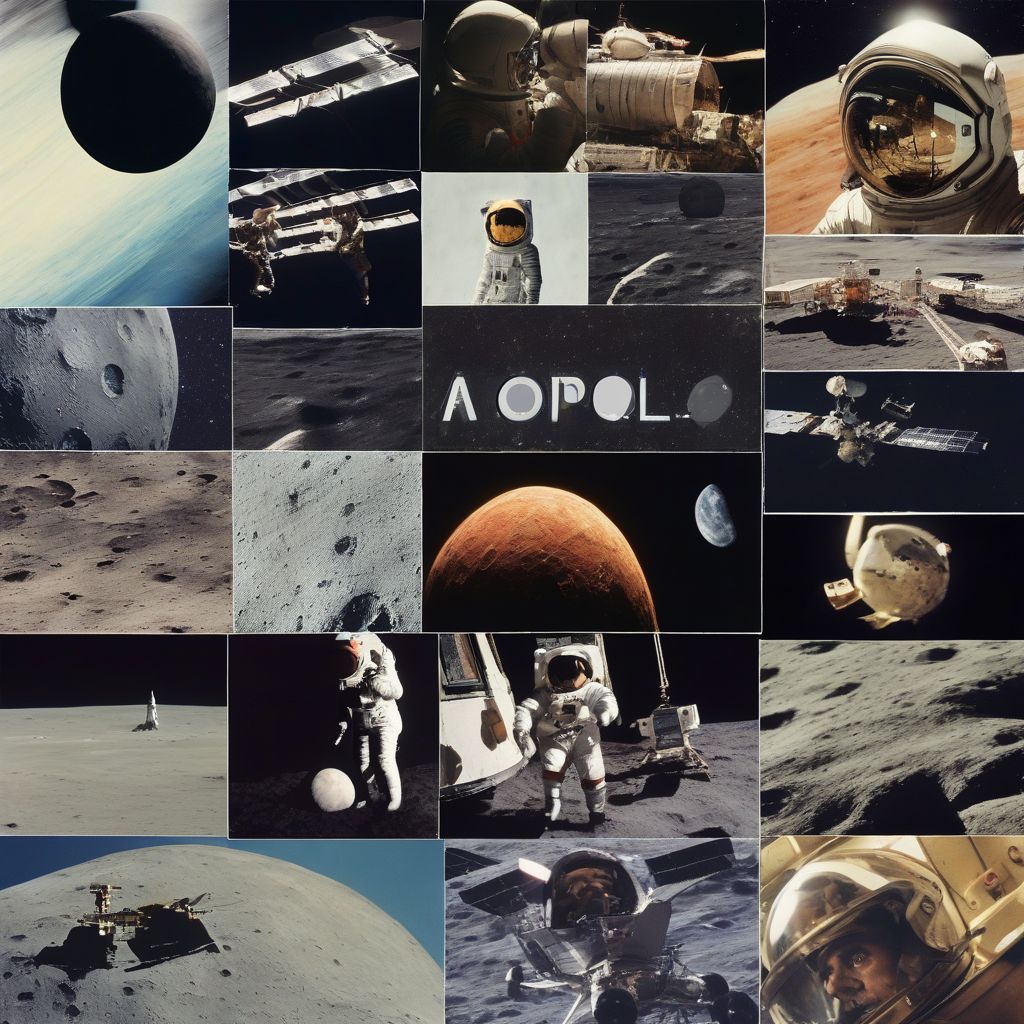Have you ever gazed up at the night sky and felt a sense of wonder, of infinite possibilities? That’s the same feeling that has fueled science fiction writers for generations. But it’s more than just pretty stars – the act of exploring space, pushing our boundaries, has had a profound influence on the stories we tell ourselves about the universe and our place in it.
A Universe of Inspiration: How Real-Life Exploration Shapes Fictional Universes
Before Sputnik ever reached orbit, science fiction writers were already launching readers into the cosmos. But something shifted when humanity began to truly touch the stars. Suddenly, the line between the fantastical and the possible blurred. This shift is clearly reflected in the evolution of science fiction narratives.
From Thought Experiments to Tangible Technologies
Early science fiction often relied on fantastical concepts – faster-than-light travel achieved through means unknown, communication across galaxies via telepathy. While imaginative, these concepts served as plot devices rather than realistically achievable goals.
Enter the Space Race. With every launch, every orbit, every moon landing, real-world science began to play catch-up with science fiction’s imagination. Writers, inspired by these advancements, began to ground their narratives in the realm of the possible.
The Rise of Hard Science Fiction
This era gave rise to a subgenre known as “hard science fiction,” where scientific accuracy and technological plausibility became paramount. Think of “The Martian” by Andy Weir, a story made gripping by its meticulous attention to the realities of survival on Mars. These stories weren’t just entertaining; they sparked discussions about the ethical and scientific challenges we might face as we ventured further into the cosmos.
 Space Exploration and Science Fiction
Space Exploration and Science Fiction
New Frontiers, New Conflicts: How Space Exploration Influences Story and Character
Beyond the technological, space exploration has provided fertile ground for exploring human themes on a grander scale.
The “Final Frontier” and the Human Condition
The vastness of space, the challenges of exploration, all serve as powerful metaphors for the human condition. We see ourselves in the struggles of colonists on distant planets, grappling with isolation, the need for community, and the search for resources.
First Contact and Questions of Identity
The possibility of encountering alien life has always been a cornerstone of science fiction. But as we explore more of our own planet, discovering extremophiles in the deepest oceans and life forms thriving in seemingly inhospitable environments, our understanding of what “alien” might mean has become more nuanced.
Science fiction narratives now grapple with the complexities of first contact, the ethics of interaction, and the potential for both conflict and collaboration. “Arrival,” both the book by Ted Chiang and the film adaptation, beautifully illustrate this shift, focusing on the linguistic and cultural complexities of communication rather than resorting to tired tropes of intergalactic warfare.
Science Fiction as a Mirror: Reflecting Our Hopes and Fears
Perhaps most importantly, science fiction, influenced by real-world space exploration, acts as a mirror reflecting our own hopes and fears back at us.
Dreams of Unity and Progress
The collaborative spirit of the International Space Station, where nations put aside political differences in the pursuit of scientific discovery, fuels optimistic narratives about a united humanity reaching for the stars. These stories offer hope, reminding us of our potential to overcome earthly conflicts and work together towards a brighter future.
Cautionary Tales for the Future
On the flip side, stories like “Interstellar” or “WALL-E” explore the potential consequences of environmental degradation and unchecked technological advancement. These narratives serve as cautionary tales, urging us to be mindful of our impact on our planet and to approach the future with a sense of responsibility.
Beyond the Horizon: The Future of Space Exploration and Science Fiction
Where do we go from here? As private companies like SpaceX and Blue Origin push the boundaries of space travel and government agencies set their sights on Mars and beyond, the future of space exploration is ripe with narrative potential.
Science fiction will undoubtedly continue to evolve alongside these advancements, exploring the ethical and philosophical questions that arise, probing the mysteries of the universe, and ultimately, using the vast canvas of space to tell stories that are deeply human at their core.
A Universe of Stories Awaits
So the next time you find yourself gazing up at the night sky, remember that the stars don’t just inspire wonder; they inspire stories. Stories that challenge us, captivate us, and remind us of the boundless potential that lies within humanity and the universe we inhabit.
For further exploration into the fascinating relationship between science fiction and the human experience, check out these articles:
Science Fiction Fans and Classic Science Fiction.
[amazon bestseller=”science fiction space exploration”]
